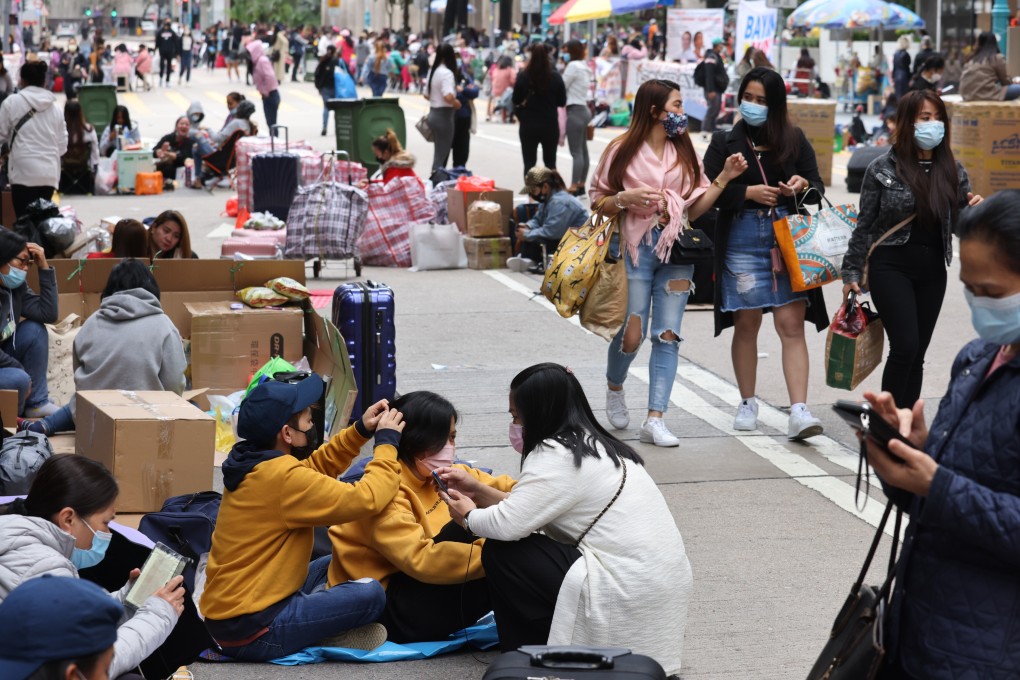My Take | Action needed to combat exploitation of domestic helpers
- The absence of specific legislation on human trafficking and forced labour is damaging the city’s reputation and exposing society’s most vulnerable to abuse

Foreign domestic workers are among the most vulnerable members of our community in Hong Kong. They arrive as strangers, lacking money and friends and must live with their employers. The domestic helpers, mostly women, are at great risk of exploitation and abuse.
This vulnerability makes them prime targets for human trafficking and forced labour. Hong Kong has long been identified as a hub for these heinous crimes and criticised for failing to do enough to prevent them. The weakness of the system and need for reform was highlighted by a judge in an important court ruling in late April.
Mr Justice Russell Coleman required the police to revive an investigation into allegations of trafficking and forced labour made by a domestic helper from the Philippines who had been sexually abused by her employer.
Significantly, he declared that failures in the investigation were caused by the city’s lack of specific legislation criminalising forced labour. The government had breached its legal duty to provide effective protection for victims, the judge said.
The facts of the case are disturbing. The domestic worker was 40 years old when, in 2018, she took a job with an expat doctor who was then almost 80. She was soon being sexually abused.
First, she was indecently assaulted during a “health check” by her employer. Further abuse took place during massage sessions during which she was required to perform sex acts. She escaped in 2019 when her employer went on holiday.
